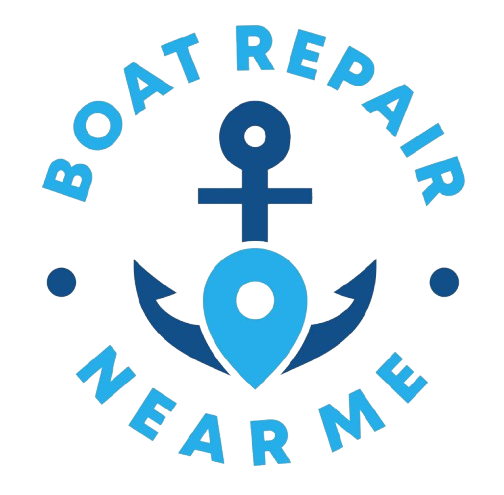Ever wish you had x-ray vision when buying a boat? The next best thing is a marine survey. Whether you’re buying, selling, or just want peace of mind, knowing what to expect during a boat survey can save you thousands—and spare you nasty surprises down the line. This guide breaks down what actually happens, what red flags to watch for, and exactly how those findings can swing your repair quotes (and your deal) in your favor.
Jump To:
TLDR – Quick Guide
- A boat survey is a detailed inspection covering hull, deck, engine, wiring, and all key systems.
- Red flags like moisture, amateur wiring, or neglected maintenance can trigger high repair costs or kill a sale.
- Every finding affects negotiation, insurance, and the final repair quote—sometimes dramatically.
- Always demand a detailed, written survey report (not just a quick verbal run-through).
What Actually Happens During a Boat Survey?
Defining the Boat Survey
A boat survey is a thorough top-to-bottom inspection by a certified marine surveyor—think “home inspection,” but for boats. This report is the single most important document for any buyer, insurer, or lender.
Preparation and Scope
- Choose a surveyor with SAMS or NAMS credentials for maximum credibility.
- Decide the type: pre-purchase (most detailed), insurance, or appraisal.
- Make sure the boat is accessible, with maintenance records ready.
Onboard Inspection
- The surveyor taps, probes, and tests for hidden rot, blisters, and structural weakness.
- Checks every system: electrical, plumbing, safety gear, and hull integrity.
- Notes any sketchy DIY repairs or ignored maintenance.
Engine and Sea Trial
- Runs engines, inspects for leaks, corrosion, and unusual noise or smoke.
- Sea trial (if included) exposes performance issues you’ll never spot at the dock.
Haul-Out (Optional)
- Boat is lifted for a below-the-waterline check—key for spotting costly damage or neglected running gear.
Survey Report
- Expect a multi-page report with photos and a full breakdown: urgent repairs, recommendations, and cosmetic notes.
Red Flags That Blow Up Repair Quotes
Hull and Deck Trouble
- Moisture readings, soft spots, stress cracks, or sketchy past repairs = $$$ in future bills.
Mechanical and Engine Issues
- Oil leaks, corrosion, or poor compression can signal looming (expensive) engine work.
Electrical Problems
- Messy, outdated, or DIY wiring is a safety risk—and usually means a total rewire.
Neglect and Poor Upkeep
- Standing water, mold, expired safety gear, and ignored fixes suggest the seller’s hiding something bigger.
How Survey Results Impact Your Repair Quotes
- Every “problem” becomes leverage to lower the sale price or request repairs before closing.
- Major issues (hull, engine, or structural) can double or triple expected repair costs.
- Lenders and insurers may deny coverage until critical repairs are addressed.
- Clean surveys help you get better insurance rates and a higher resale value later.
Pro Moves for a Smart Survey
- Attend the survey, ask questions, and see any “findings” firsthand.
- Get independent repair quotes for big-ticket issues.
- Don’t rely on a seller’s promises—demand everything in writing, backed by photos.
- Know the difference: urgent fixes versus “nice-to-have” cosmetic items.
Key Takeaways
- A professional survey is essential—don’t buy, sell, or insure a boat without one.
- Survey findings drive your negotiation power and set realistic repair budgets.
- Red flags like rot, bad wiring, or neglected engines can turn a dream boat into a money pit.
- Insist on a full written report with photos and repair priorities.
- Your survey is your single best tool for peace of mind and real-world cost control.
FAQs
What does a marine surveyor actually inspect?
A marine surveyor checks the hull, deck, engine, wiring, plumbing, and all onboard systems. They’re trained to spot hidden problems and safety hazards the average person misses.
How long does a typical survey take?
Most surveys take 3–5 hours, but larger or more complex boats (especially with haul-out or sea trial) may take most of the day.
Can survey findings lower the sale price?
Yes! Every issue found is a negotiation chip. You can ask for a price reduction, request repairs, or walk away from the deal.
Are all problems dealbreakers?
No—minor issues are common, but major structural or engine problems can mean big money. Use your surveyor’s priority list to decide what’s worth fixing.
Will my insurer or bank require a survey?
Nearly always for used boats. Insurers and lenders want a current, clean survey—and may require you to fix critical issues before issuing coverage or funds.
